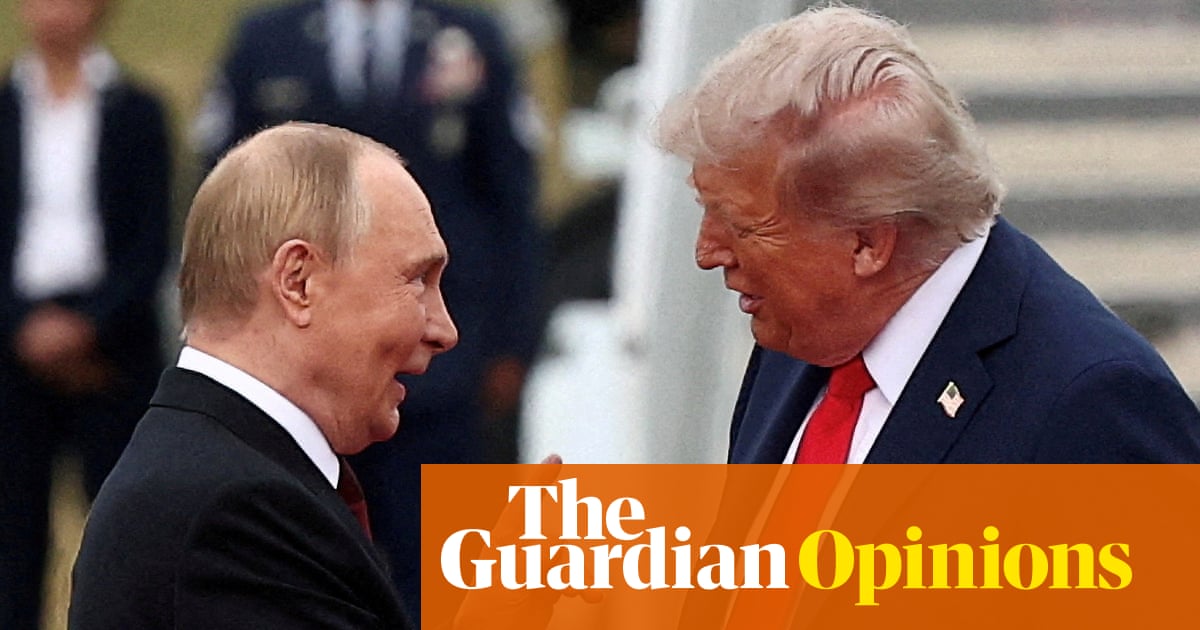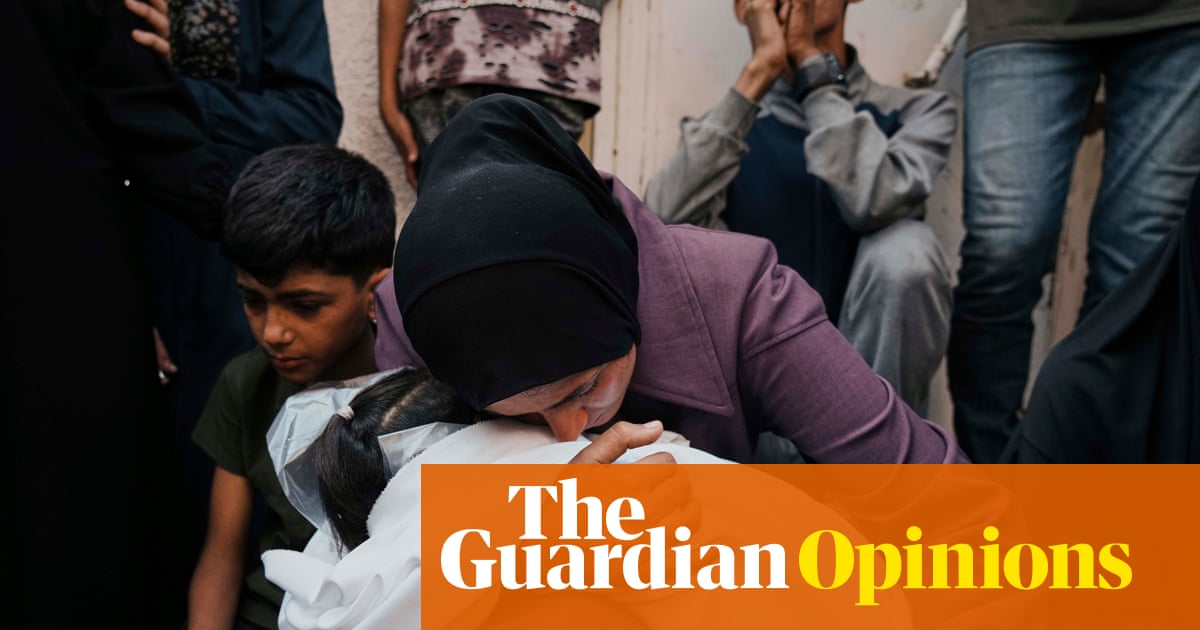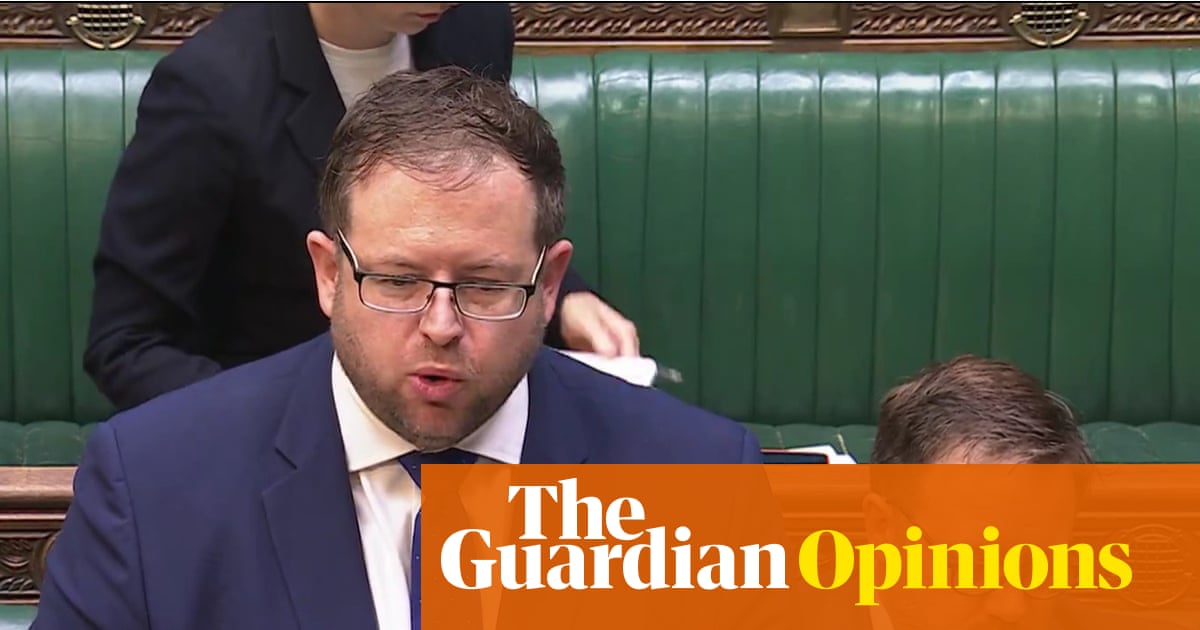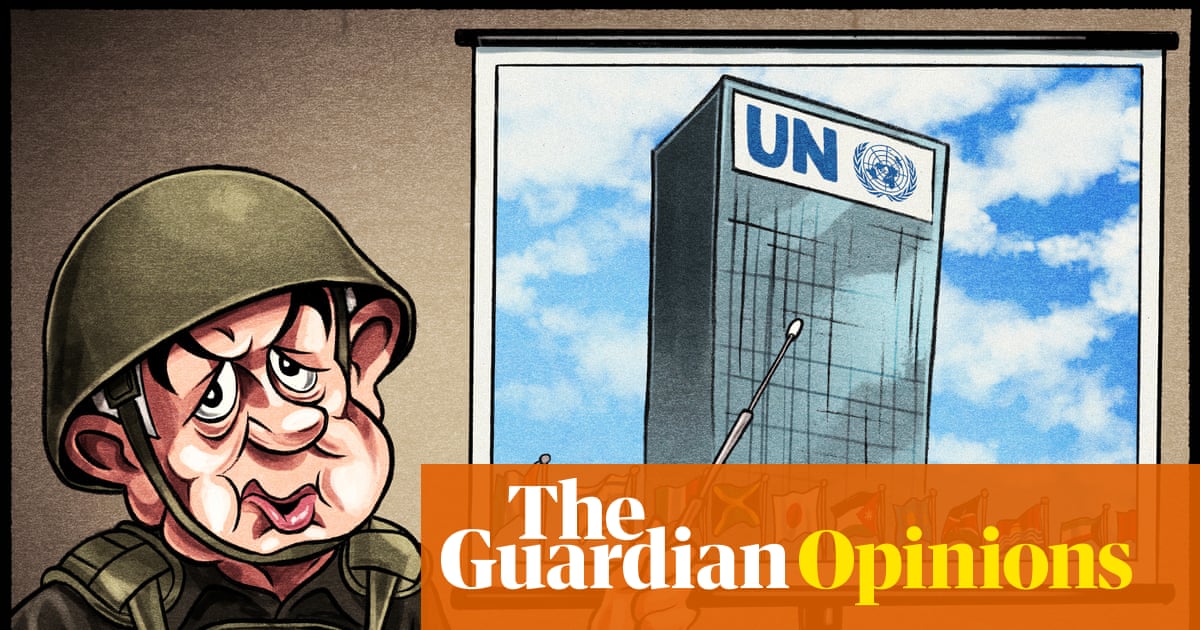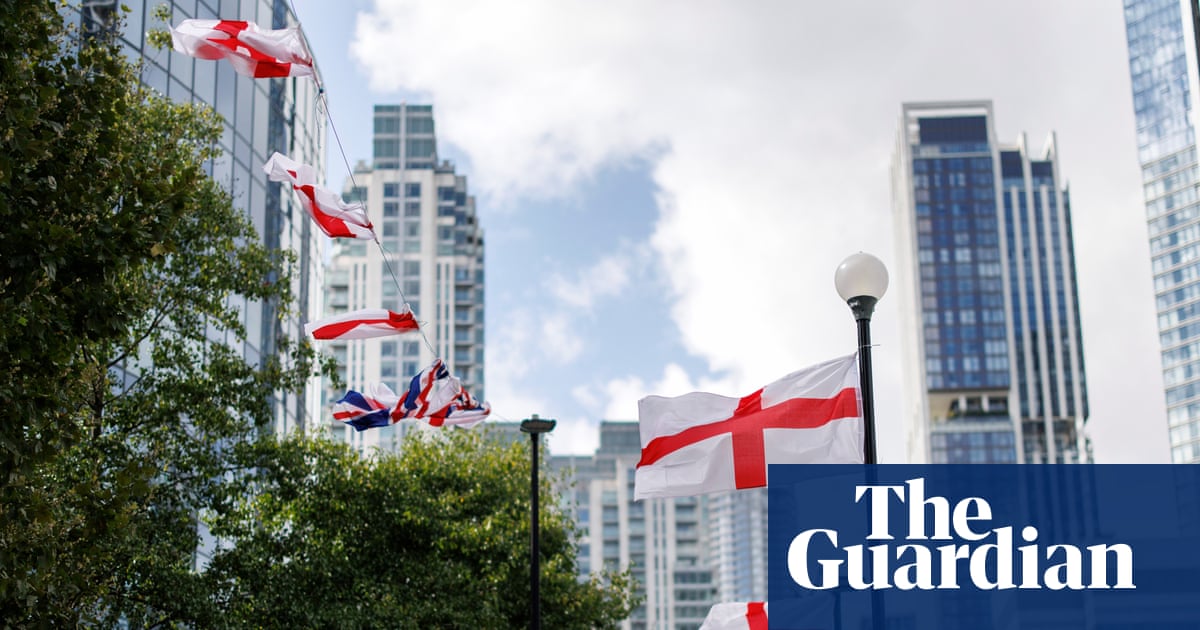After many months of inaction and complicity in the face of Israel’s destruction of Gaza, Europe is finally beginning to stir. Tens of thousands of people killed and attacks on schools and hospitals had apparently not been enough. But, along with the blocking of humanitarian aid and open calls for ethnic cleansing, Israel’s actions finally became too severe to ignore, deny or justify. In recent weeks, a cascade of unusually strong statements, diplomatic rebukes and threats of sanctions has emerged from European capitals – each move amplifying the next, as if a long-dormant herd has suddenly jolted into motion.
Among these developments, the most significant may be the possible suspension of the EU-Israel association agreement, which grants Israel preferential access to the world’s largest single market. Last month, the Dutch foreign minister, Caspar Veldkamp, broke the EU’s silence with a letter demanding a formal review of Israel’s compliance with article 2 of the agreement, which requires it to “respect human rights”.
That move triggered a wave of other EU states lining up behind the idea. At the 20 May meeting of EU foreign ministers, a clear majority – 17 member states – backed the Dutch proposal. EU foreign policy chief, Kaja Kallas, who had appeared sceptical ahead of the meeting, seemed to shift during the discussion and at the end clearly announced the launch of the review.
Is this a real turning point or just more empty words? That remains to be seen.
What is clear is that the EU’s dynamics have shifted. A year ago, when Spain and Ireland – the governments most vocal about the Palestinian plight – proposed the same review idea, they found little support. The Netherlands, by contrast, is traditionally closer to Israel and sits in the EU’s middle ground on this issue. It is this broad centre, which up until now favoured dialogue and close ties with Israel, that has now shifted and aligned with the more critical flank. Only Israel’s staunchest backers – including Germany, Italy, Hungary and the Czech Republic – remained in a minority voting against the review.
The review is only the first step: an examination of whether Israel is breaching article 2, which defines respect for human rights as an “essential element” of the agreement. Given the scale of violations and crimes in Gaza and the West Bank, backed up by findings from international courts, such a review shouldn’t even be necessary. As one Irish campaigner put it: “It’s like standing in front of a burning building and asking for a review of whether there’s a fire.” The facts are clear – but even acknowledging them is politically explosive.
The review, which is expected to be done by the next EU foreign ministers’ meeting on 23 June, now depends on two key figures: Kallas and the European Commission president, Ursula von der Leyen. Will they confirm the obvious – that Israel is in breach of article 2 – and draw the logical consequences? Or will they seek to shield EU-Israel ties from any rupture?
Kallas, a liberal from Estonia, had until recently avoided much criticism of Israel, though now seems to have moved along with the EU’s political centre. Von der Leyen, a German Christian Democrat, represents the bloc’s more Israel-aligned wing. She was the face of the EU’s initial blanket support for Israel’s devastating response to Hamas’s 7 October 2023 atrocities, and then fell largely silent as civilian deaths in Gaza soared. But last week, for the first time, she stated that Israel’s killing of civilians is “abhorrent” and “cannot be justified under humanitarian and international law”. That language points unmistakably toward the only credible conclusion the review can reach.
Once the review is completed, EU foreign ministers will discuss options for next steps, which should include suspending the association agreement. A full suspension would require unanimity among all 27 member states – an impossible bar given diehards such as Hungary. But suspending the agreement’s preferential trade component – the most economically significant part – requires only a qualified majority: 15 member states representing at least 65% of the EU population.
The trade pillar is where the real leverage lies. The EU is Israel’s largest trading partner, accounting for 32% of its total trade. Israel, by contrast, represents just 0.8% of the EU’s trade. Revoking preferential access wouldn’t stop trade, but would impose a tangible cost on Israel in the form of higher tariffs and reduced market access. The EU could also suspend Israel’s participation in Horizon Europe, the union’s flagship research programme – a prospect already causing alarm in Israel’s academic sector.
Reaching a qualified majority is still a tall order. Not all states that voted for the review necessarily favour actual suspension. And to meet the 65% population threshold, Germany or Italy – large states that opposed the review – would need to shift. For now, that seems unlikely. But if Israel continues its current extremist course, pressure will mount. Chancellor Friedrich Merz’s unusually strong rebuke of Israel last week suggests that not even Berlin’s backing can be taken for granted.
And if the EU decided to ignore the findings of an honest review, it would render article 2 meaningless and undermine human rights clauses in EU agreements around the world. Since the 1990s, the EU has invoked such clauses over 20 times to suspend benefits over serious violations, mostly in Africa.
That’s why the possibility of suspension cannot be dismissed. Unless Israel fundamentally changes course, the likelihood will only grow.
For Europe, this is an opportunity to step out of its self-imposed irrelevance and begin to matter again. Pressure-free dialogue has completely failed. When the EU held an association council meeting with Israel in February and politely urged more aid to Gaza and a halt to settlement expansion, Israel responded by blocking all aid and accelerating settlement growth. Only after the Dutch initiative began gaining traction did Israeli officials start pushing internally to allows some aid into Gaza, citing the threat of EU sanctions.
To prevent the looming horror of ethnic cleansing and annexation, the EU must go further and impose a real economic and political cost on Israel. If it does, the prospect of restoring suspended benefits could then become the EU’s most powerful lever to encourage a different path: one that leads not to endless oppression and violence, but to peace and security based on equality.
-
Martin Konečný runs the European Middle East Project (EuMEP), a Brussels-based NGO

.png) 3 months ago
96
3 months ago
96








